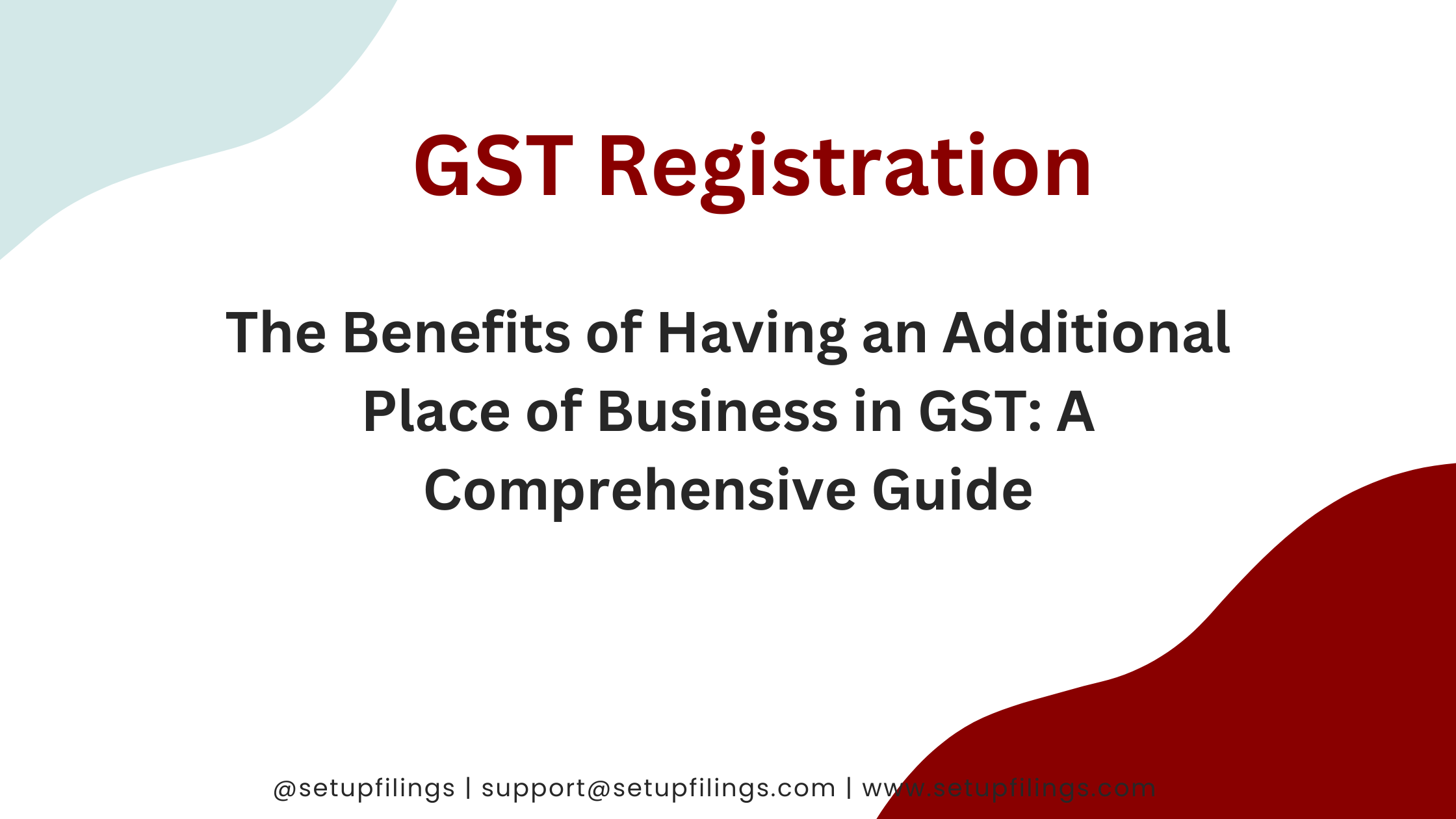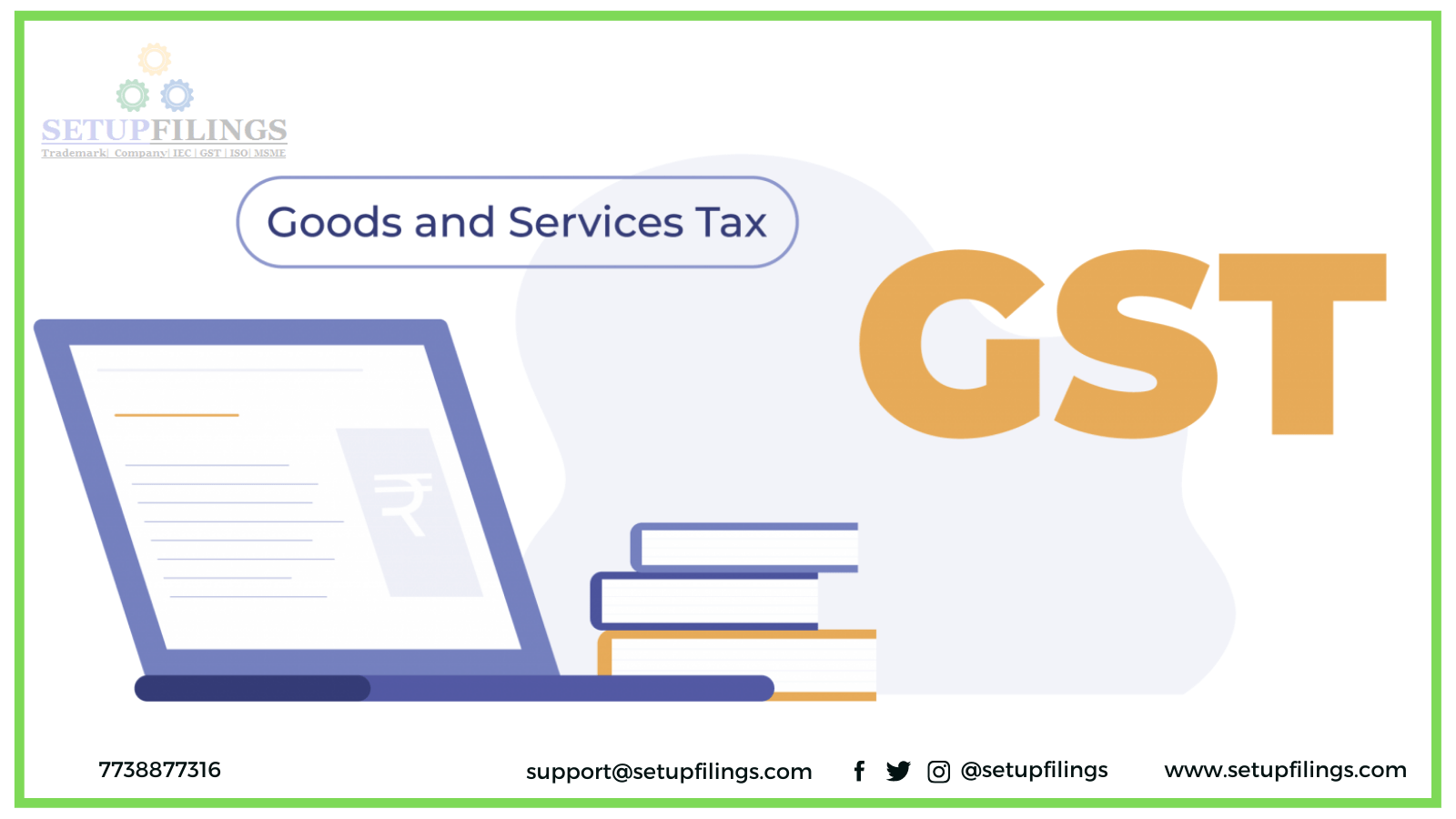
What is compulsory registration under GST?
The GST Act requires any provider of goods, services, or both to register as a GST Act if their annual aggregate revenue exceeds Rs. 20 lakhs (Rs. 10 lakhs in Special Category States). If the provider is exclusively selling products, the threshold limit is Rs. 40 lakhs per year (Rs.20 lakhs in Special Category States), provided that the State has chosen this higher threshold limit. However, according to Section 24 of the CGST Act 2017, some categories of individuals must be registered under GST if their aggregate revenue is less than the stipulated exemption limit and are exempt from registration under gst Section 22(1) – Section 24(1) of the CGST and SGST Acts.
GST Registration refers to the assignment of a unique GST Number or GSTIN to a taxpayer who is required to collect and remit tax to the government after claiming a credit for taxes paid on purchases. In general, GST registration is required only if a business’s aggregate turnover reaches the threshold level throughout the fiscal year. However, in some circumstances, mandatory GST registration is necessary even if the turnover is smaller than the statutory threshold level. Setupfilings can help taxpayer can apply for GST Registration Online.
Who is required to register for GST Compulsory Registration?
Inter-state supply
(a) A person providing inter-state services is not obliged to register for GST if his total revenue is less than Rs 20/10 lakhs. Notification No. 10/2017-IT dated October 13, 2017)
(b) Persons engaged in inter-state supply of handicraft items are excluded from GST registration if the aggregate value of all their shipments on an all-India basis is less than Rs 20 lakhs/10 lakhs per annum.
(c) Even though he provides inter-State supplies to a registered person, a job worker with a turnover of less than 20/10 lakhs is excluded from registration.
2. Casual taxpayers who make taxable supplies
CTP is needed to seek compulsory GST registration regardless of its overall turnover in the previous year.
Persons involved in the supply of handicraft items are exempt if their total sales on an all-India basis does not exceed 20 lakhs.
A CTP is required to register. It denotes a person
- who sells products or services in India as a principal or an agent,
- He does not have a regular place of business in the state from which he offers goods or services.
3. Individuals who are compelled to pay reverse charge tax
The recipient of goods or services is entitled to pay tax under the reverse charge mechanism (RCM), and all requirements of GST law apply to him as a person due to pay tax. A person who is required to pay tax through the reverse charge mechanism (RCM) must register under GST requirements.
It is worth noting that a supplier who solely does reverse charge supplies is not obliged to register if his total supply turnover is less than the exemption level.
4. E-Commerce Operator / TCS Collector
An e-commerce operator is someone who owns and administers a digital platform for an e-commerce firm, which allows people to purchase and sell goods or services over the internet. Because he is required to collect TCS (Tax Collected at Source) before making payments to e-commerce suppliers, the e-commerce operator is also known as a TCS collector. As a result, regardless of turnover, such individuals must register for GST.
Exception
However, in the following instances, supplies made through an e-commerce operator are not subject to mandatory registration requirements.
Any individual who performs services whose aggregate worth does not exceed Rs 20 lakhs per annum (Rs 10 lakhs in the case of designated States).
5. Non-resident taxpayers who make taxable supplies
According to Section 2(77) of the CGST Act 2017, a “non-resident taxable person” is someone who occasionally engages in transactions involving the provision of goods or services or both, whether as principal, agent, or in any other position, but who does not have a fixed place of business or habitation in India.
An NRTP must complete a mandatory registration. It refers to a person:
- who is NRI or not a resident of India,
- has no set business location in India and
- As a principal or agency, sells goods or services in India.
If he engages in any taxable supply inside the taxable region. Please keep in mind that any NRI individual or entity making taxable supplies is required to register under the GST regime, regardless of the frequency or quantity of the transaction.
6. Individuals who are compelled to deduct tax under Section 51
Section 51 of the CGST Act requires the following individuals to deduct tax:
- A local authority is a department or establishment of the federal or state governments.
- Government Agencies – The government may notify such individuals or groups of individuals.
TDS Diductors are required to register with GST. Certain types of people, such as government departments, municipal governments, and government agencies, are obligated to deduct taxes:
- At a 2% annual rate,
- When you pay the supplier of products or services,
- If the invoice amount is more than Rs.2.5 lacs.
7. Agent
“Agent” In GST compulsory registration refers to any individual, including a commission agent, broker, auctioneer, del credere agent, or any other mercantile agent by whatever name called, who conducts the business of supplying or receiving products or services, or both, on behalf of another.
8. Input Service Distributor – ISD
Whether or not separately registered under this Act, ISD is required to get obligatory GST registration regardless of annual revenue.
ISD is a supplier’s office that collects invoices from its branches and distributes the input to such branches proportionally by issuing an ISD invoice.
An ISD must complete a mandatory registration. It refers to the headquarters:
- It gets tax bills for all of its branches’ input services,
- It sends tax bills to its branches in order to give tax credit for input services.
9. Provider of OIDAR Services
OIDAR services are those that are delivered through the internet without any physical interaction between the provider and the recipient.
Every person who provides online information and data base access or retrieval services to a person in India who is not a registered person is required to seek GST registration.
10. The Government may notify any other individual or group of people about the Council’s recommendations.
Visited 97 Times, 1 Visit today




